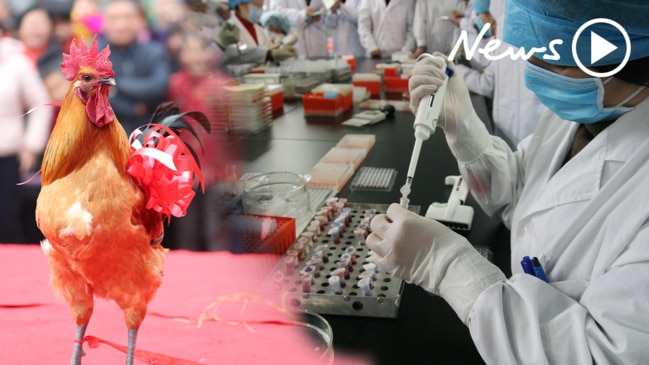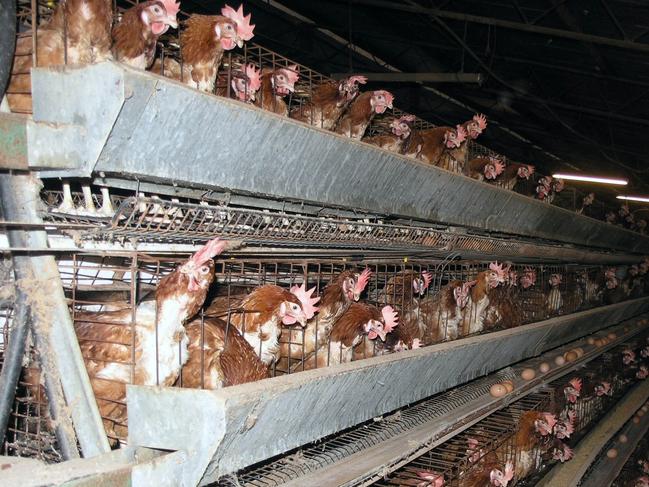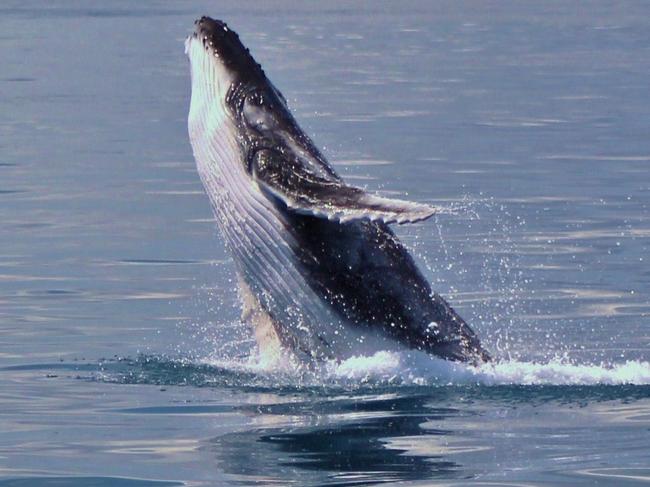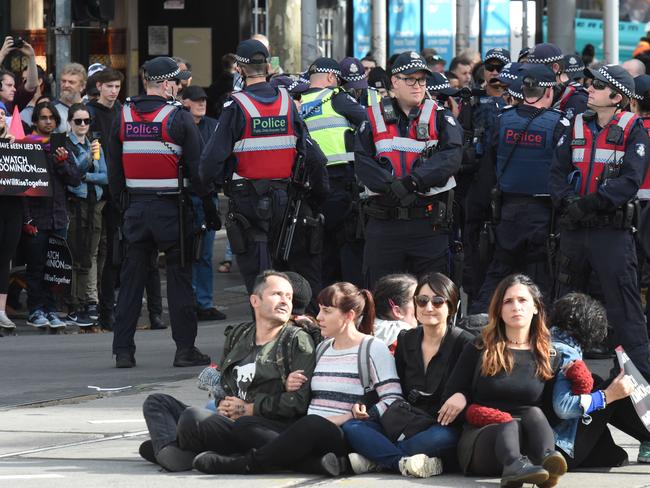Why you should go vegan today
Cutting meat and dairy from your diet is the single most effective thing you can personally do to lower greenhouse gas emissions – and the planet needs all the help it can get, writes PETA’s Emily Rice.

Rendezview
Don't miss out on the headlines from Rendezview. Followed categories will be added to My News.
November is an odd month.
Jolly men with white beards descend on shopping centres faster than staff can sweep away spooky displays, leaving us to wander among the remnants of Halloween and the promise of Christmas, wondering where October went. However, November is so much more than a mere marker of the passage of time – it’s actually one of the most important months of the year: World Vegan Month.
If you don’t understand why that’s so significant – or why we need 30 days to celebrate the wonders of vegan living – it’s time to brush up on your science. Research shows not only that animals (including fish and other denizens of the sea) are sentient and able to feel pain and joy just like us but also that many of the catastrophic climate events we now face – including unprecedented extreme temperatures – can be drastically limited by a global shift towards plant-based eating.

In fact, in the largest-ever study of its kind, researchers at the University of Oxford concluded that going vegan is the “single biggest way” to cut greenhouse-gas emissions (since cows generate tonnes of methane), alleviate world hunger, and conserve water and land – all of which can also help prevent mass wildlife extinction. Since animal agriculture has been recognised as the “largest driver of habitat loss” and 75 per cent of Australia’s forests have been cleared during the past 200 years – primarily for animal agriculture – we would do well to turn to vegan eating as a way to combat what 11,000 scientists have now officially declared a “climate crisis”.
MORE FROM EMILY RICE: Why you shouldn’t buy rabbits at pets
As fires so rampant that they’re visible from space ravage drought-stricken New South Wales, the importance of shifting away from animal agriculture becomes even clearer – and hits closer to home. Raising animals is a water-intensive business. Producing a single beefburger requires about as much water as 30 showers. In Victoria, a whopping 77 per cent of agricultural water use is for pasture and hay production for animals raised for meat and dairy, while just 10 per cent is for irrigating fruits and vegetables.
Anyone who claims to be an environmentalist must concede that there’s a compelling case for eating vegan. But what about those of us who claim to be animal lovers? I speak from experience when I say that there comes a time when we must examine that claim from the perspective of moral consistency. Up until eight years ago, when confronting my own hypocrisy led me to go vegan, I was appalled by whaling but never bothered to consider the rampant cruelty in the dairy industry, in which cows cry out for days after their calves have been torn away from them for veal and so that humans can have their milk.

My heart broke for chained-up dogs and homeless kittens, while – hidden in windowless sheds – millions of pigs, chickens, and lambs languished in filthy, severely crowded conditions, subjected to painful mutilations and cruel, invasive practices before finally facing a bloody, violent death.
MORE FROM EMILY RICE: I barbecued a ‘dog’ in public. And this is what I learned
I marvelled at birdsong and budgerigars while eating eggs, even as day-old male chicks are routinely minced up while still peeping and their mothers are forced to live in filthy warehouses until they can no longer lay eggs, after which they’re sent to the abattoir and may even be scalded to death in a defeathering tank.
In short, there came a day when I had to admit that in all the ways that mattered, the animals I ate were no different from the animals I adored. Since then, every month has been vegan month to me, and honestly, it just keeps getting better and better. You can order your favourite late-night pizza laden with plant-based meat and cheese, indulge in dairy-free ice cream, and enjoy juicy, “beefy” burgers – all without the cruelty and the catastrophe.

And just in case you’re still not convinced, think of your health. The Global Burden of Disease Study concluded that roughly one in every five deaths worldwide could be prevented if humans ate more unrefined plant-based foods. While it’s now widely known that the World Health Organisation classes processed-meat products such as ham and bacon as Group 1 carcinogens, it’s less well known that the largest forward-looking diet and cancer study in history revealed that eating just one-quarter of a chicken breast per day increases the risk of suffering from types of cancer like lymphoma and leukaemia by up to 280 per cent.
MORE FROM RENDEZVIEW: The little habit that shows we’re losing climate battle
Meanwhile, those who live meat-free halve their risk of colon cancer and reduce their risk of prostate cancer by two-thirds.
Of course, vegan living is about more than just food – it’s also about opting for products that weren’t tested on animals; wearing clothing made of vegan fabrics instead of wool, leather, and other animal-derived materials; and choosing animal-free forms of entertainment. All these compassionate choices align our actions with our values and help make sense of this chaotic world.
The lives of our fellow animals, the fate of our planet, and the state of our health are all on the line – but if you haven’t already pledged to go vegan, it’s not too late to rewrite the narrative. If you’re like most vegans, your only regret will be not having made the switch sooner. So go on: jump into World Vegan Month with a free vegan starter kit from PETA.org.au, and be the change you want to see in the world.
Emily Rice is PETA’s Outreach and Partnerships Manager.
Originally published as Why you should go vegan today
